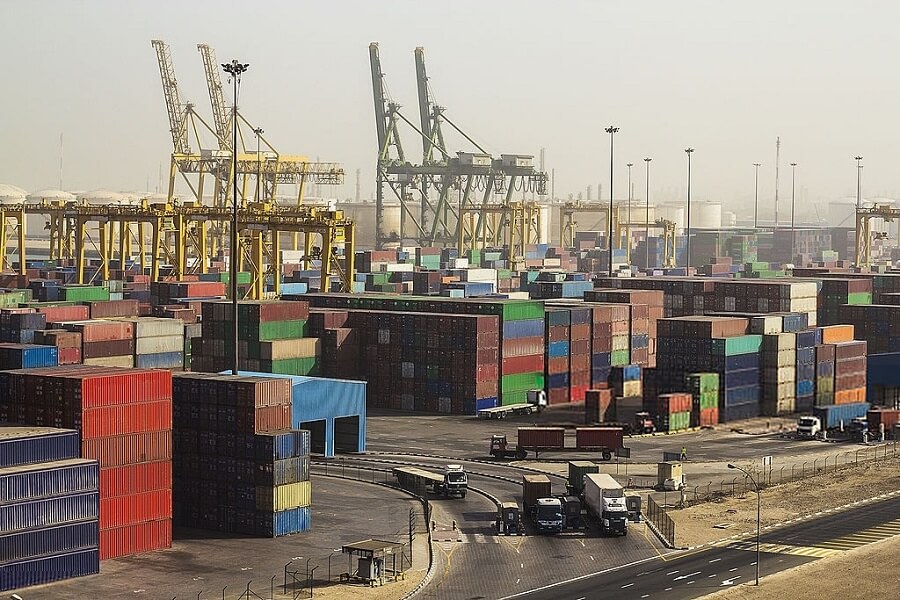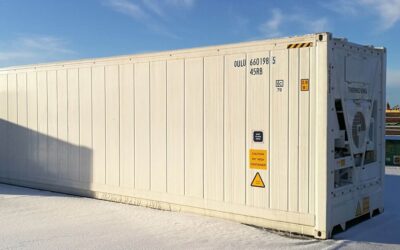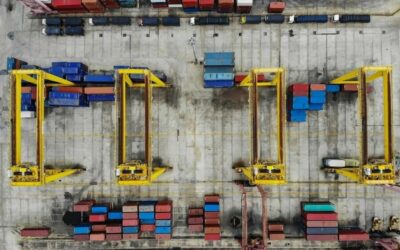What are the Different Types of Cargo Insurance
Table of Contents
Cargo Insurance:
Cargo insurance can be described in easy words as the insurance policy which is specifically designed to cover the goods in any mode of transportation be it Air, Sea, Land, and rail. It offers coverage to cargo against a wide range of all physical loss or damages to freight from outside causes during transportation. The goods are shipped across different parts of the world via land, ocean, rail, or Air. It is highly possible that somewhere during the journey goods and products that are being hauled get lost or get damaged. In such cases, cargo insurance comes to the rescue and compensate for the loss.
Why Cargo Insurance is Important?
Cargo insurance is very important in the supply chain industry, as any shipment is never completely and fully secure during transportation and insurance is the only way to compensate if something goes wrong during transit. But how much the preventive measures are taken for the freight it could never be enough so the insurance should be chosen according to the needs and requirement that suits them best. Commonly, these policies are assigned freely. However, sometimes when the personal belongings are insured, then policies cannot be assigned.
Types of Cargo insurance:
While choosing, there are many types of cargo insurance and every one of it has its own limitations and coverage but the most common ones based on the modes are the following:
- Land Cargo Insurance or Haulier Insurance
- Marine Cargo Insurance – A, B, or C
- Air Transport Insurance
Here in this article, we will discuss the coverage and limitations of each of the types of cargo insurance.
Land Cargo Insurance:
Often also known as Haulier Insurance covers the freight when it is transported or shipped through the land. Usually, the land cargo includes shipment boarded on a truck but it also includes when it is transported by other vehicles. Since it is by road, it does include transportation within a country and across countries to cover collision risk, damages risk, theft risk, and other risk factors
Often also known as Haulier Insurance covers the freight when it is transported or shipped through the land. Usually, the land cargo includes shipment boarded on a truck but it also includes when it is transported by other vehicles. Since it is by road, it does include transportation within a country and across countries to cover collision risk, damages risk, theft risk, and other risk factors
Marine Cargo Insurance:
The marine cargo includes the shipments transported through the sea and also includes air freight. Contrary to land cargo insurance, marine cargo insurance applies to broader boundaries i.e. international transportation. Its coverage includes damages caused while loading or unloading, bad weather, piracies, and other relevant risk factors while the cargo is in possession of the Airline or Shipping line. It depends upon the supplier’s use if he/she is a frequent shipper he/she should go with the renewable policies as these are relatively less expensive and one can save up a considerable sum.

Policies
Under these policies, there are a couple of procedures through which we can comprehend the possibility of freight protection in a huge manner. These methodologies are:
Open Cover Cargo Policies :
At the point when a protection holder chooses inclusion against various exchanges, by then the open spread cargo strategies get instituted. These strategies are divided into two classes that are
- Renewable Policies
The renewable policy is required for a specific worth requiring renewal after it approaches termination. Mostly one-way trips are included in this option.
- Permanent policies
This policy can be drawn up for an anticipated time period permitting numerous shipments in that time frame.
Specific Cargo Policies :
When a supplier contacts an insurance company or a private broker for insurance of a specific delivery. These strategies are also named as voyage policies in light of the fact that only shipments are secured under them.
Contingency Insurance Policy:
In some cases, the customer is responsible for the insurance of the goods in case of loss or damage. When goods are supplied there are threats that they might get damaged during the transportation and intended customers refuse to accept them. Sometimes the customers don’t take this responsibility and avoid it.
Under such conditions, the affected sellers can look for amendments with the assistance of the legitimate framework. This can cost them a lot of money and in some cases, they may not be able to win the case and face a huge loss. Thusly, sellers are encouraged to go for insurance which has an exceptionally less premium rate.
Also Read: How Much Does Air Freight Cost?| The Ultimate Guide
Benefits of Cargo Insurance:
Following aspects are covered in the cargo insurance:
All risk coverage:
Insurance provides wide and extensive security against the damage and losses caused by external risk factors. Although it is called the all-risk coverage yet it doesn’t include al things. Following things are included in the policy:
- Harms because of negligent packaging
- In case the cargo is captured
- Freight deserting
- Customs objection
- Worker’s duplicity
Also, the things discussed below are avoided:
- Harm to freight because of carelessness.
- The inherent vice; which refers to the changes in the external factors. One common example of this clause is the shipment of wine and beer. The quality of such products is affected due to movements and temperature changes during transit.
- Customs rejection
- Cargo abandonment
- WSRCC; is known as war, strikes, riots, and civil commotions.
- Loss of use. This applies when the damaged cargo causes profit losses.
- Failure to pay/collect referring to the loss of goods as a result of non-payment will not be covered.
- External factors include but are not limited to: earthquakes, war, pollution, etc.
An Exceptional Clause:
Free of particular average coverage condition bar the inclusion of restricted losses to the goods or to the structure of the ship with the exception of those subsequent from abandoning, sinking, consuming, or crash. Another significant part of this condition is that the transporter doesn’t pay for minor harm and is just held at risk if there should be an occurrence of huge misfortunes to the freight. There is a distinction in inclusion relying on the capacity area of the payload. In this strategy, the accompanying dangers are incorporated:
- Accident or smashing
- Bad Climate
- Sinking
- Wreckage
- If there is no delivery
- Robbery
- Fire accidents
General Coverage:
The overall average coverage is the fundamental prerequisite in marine transportation. It makes sure about just limited loss happened to the freight. It requires the various cargo holding proprietors on the vessel to pay to the imperiled freight owner.
Distribution Center to Warehouse Coverage
This inclusion is appropriate when a shipment is unloaded from the ship and it gets moved to the customer’s distribution center. The insurance companies pay only the holder’s cargo insurance.






